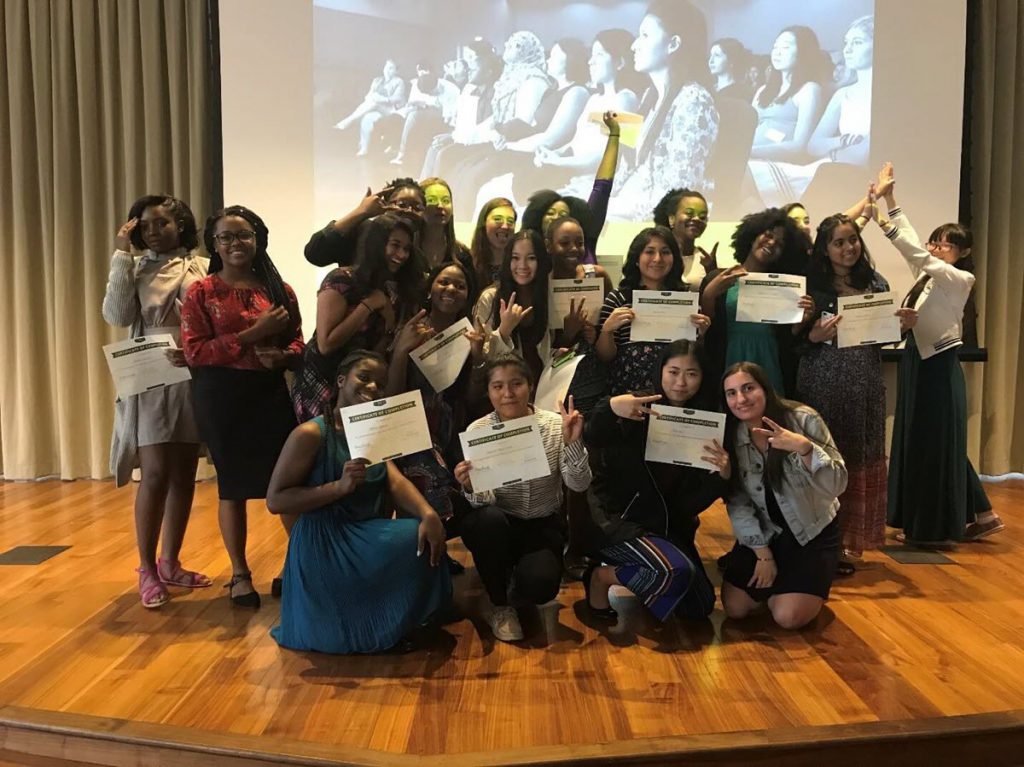Software.org’s first Girls Who Code class graduated this week, and we are honored to have sponsored such a dedicated group of aspiring coders. Rather than spend the summer at the beach, these 17 young women spent the past seven weeks mastering sophisticated languages like HTML, CSS, and Python to build websites, program apps, and make robots dance. They also got out of the classroom to meet with female leaders in tech and policymakers on Capitol Hill. There are many fun ways to spend the summer before senior year, but few could be more fulfilling.
Or more important to the software industry. That’s because, by 2020, there will be 1.4 million computing job openings, but just 400,000 computer science graduates with the skills for those jobs. And women are on track to make up just 3 percent of that workforce. Girls Who Code, with the help of sponsors like Software.org, aims to change that and fill the talent shortfall by supporting girls’ interests in STEM.
Of course, we are not alone in this effort. We want to thank all the companies and speakers who made this summer program possible, including:
- Phyllis Schneck for visiting the classroom with a panel of her colleagues from Promontory Financial Group to discuss cybersecurity and their roles in creating cyber solutions;
- IBM’s most prolific female inventor, Lisa Seacat DeLuca, for speaking to the girls and challenging them to think outside the box;
- Microsoft for hosting a group of female tech leaders who armed the class with career advice on mentorship day;
- This year’s graduation keynote speaker, Toya Gatewood, whose path to becoming the first black female Salesforce MVP ended the program on an inspirational note; and,
- Finally, our teachers, who taught and encouraged the girls every day, and helped make the program a success.
The Girls Who Code summer program is one of our favorite times of the year. Software.org dedicates significant resources to educating others about the need for more women in tech, but through Girls Who Code we play a direct role in making this change a reality. We are so proud of our graduating class and can’t wait to see where their dedication and talent take them next. As one student put it simply: “Coding is the future. I want to learn how to code so I can make a difference in the future.”
Congratulations to the Girls Who Code Class of 2017!


